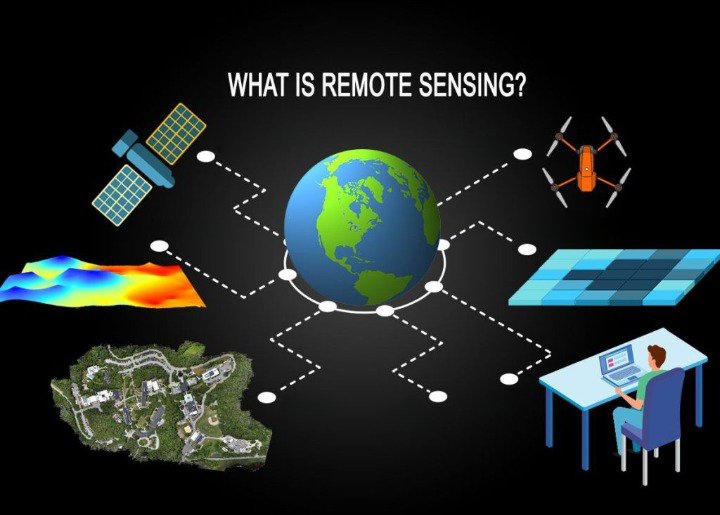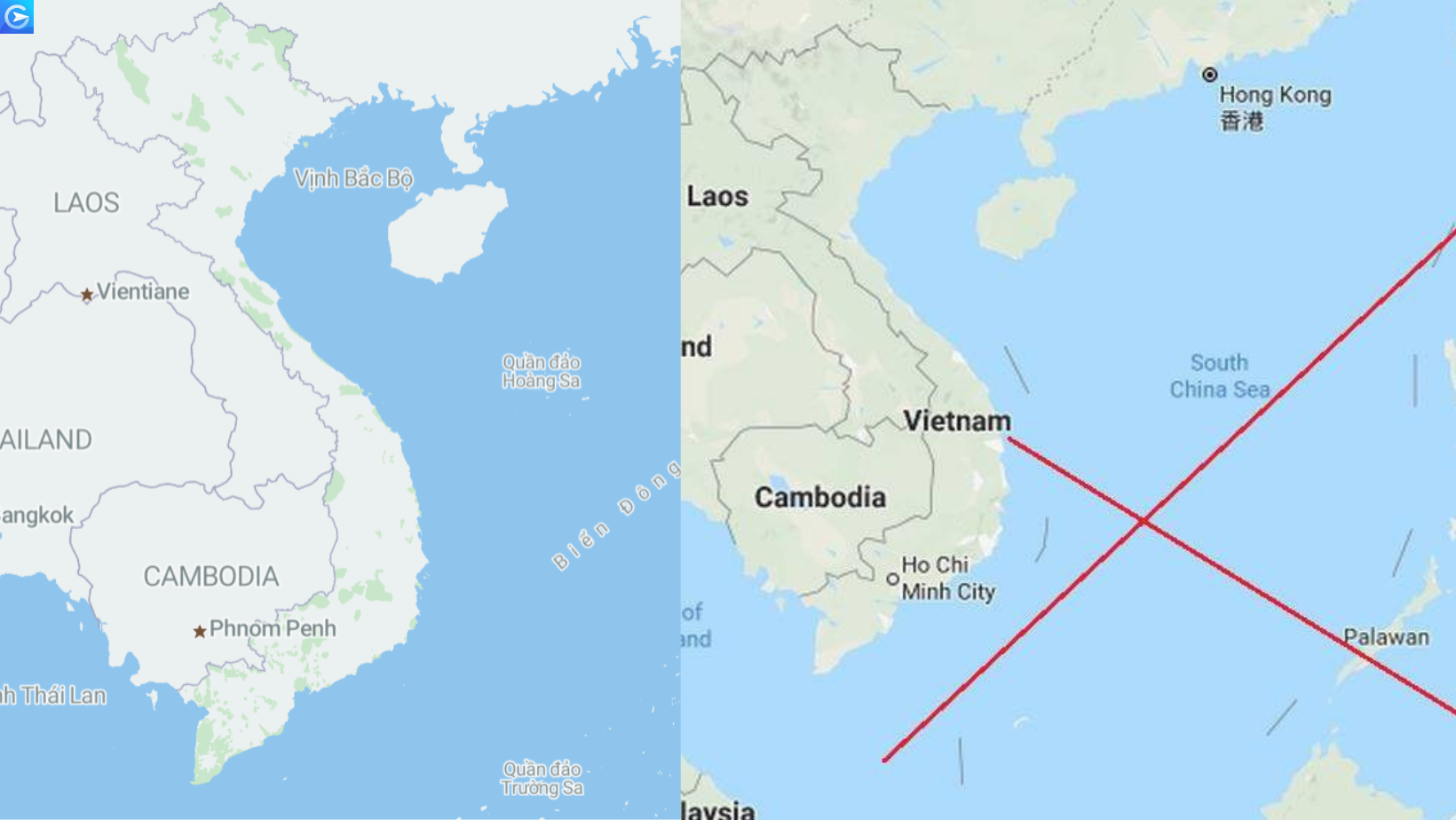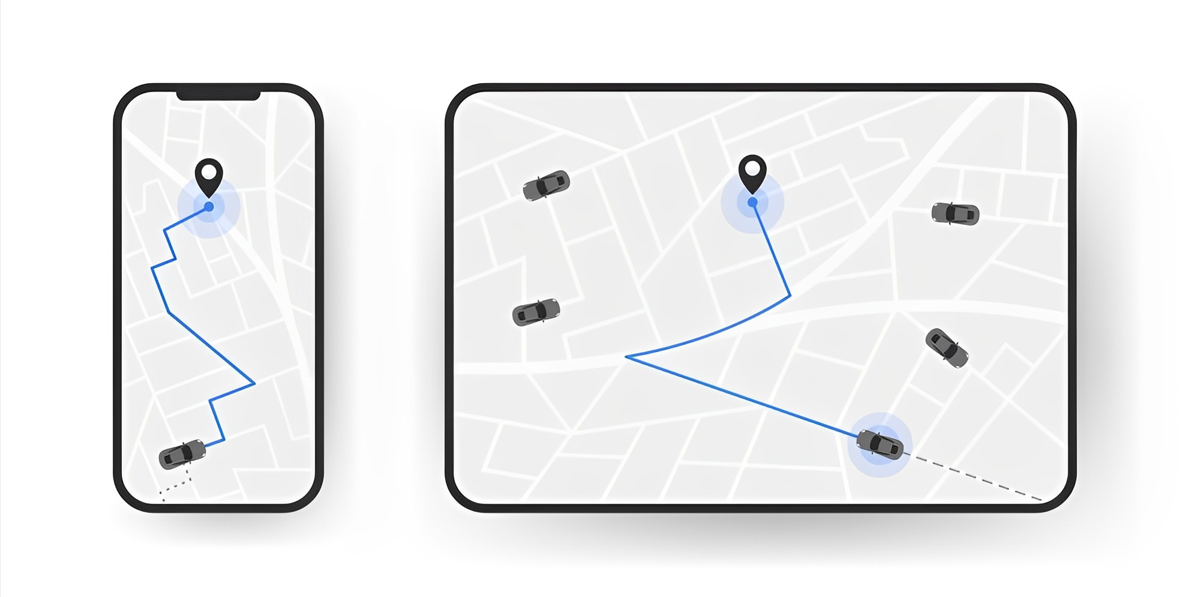The technology of location tracking is understood as a set of technologies and methods used to determine the position of an object, device, or user in the space of the Earth. It allows for precise location determination through the use of sensors, satellite systems, mobile networks, or other technologies.
Location tracking technology can rely on satellite systems such as GPS (Global Positioning System), GLONASS, BeiDou, or Galileo, which have a network of satellites operating around the Earth to send signals to tracking devices.
Additionally, location tracking technology can also utilize sensors such as accelerometers, compasses, or gyroscopes to determine direction and position.
In the context of this article, let’s explore some of the popular location tracking technologies in Vietnam with Goong.
Learn more: https://goong.io/tin-tuc/top-4-loai-map-api-tot-nhat-tai-thi-truong-viet-nam/

GPS Location Tracking Technology
When it comes to location tracking, the first system that must be mentioned is GPS (Global Positioning System), which is a positioning system based on the positions of artificial satellites. It is designed, built, operated, and managed by the United States Department of Defense.
Advantages
Accuracy: GPS allows for precise determination of an object’s location worldwide with high accuracy. The margin of error is typically within 5 meters, showcasing its stability.
Versatility: GPS finds applications across various fields, from mobile phones and automobiles to personal tracking devices and exploration vessels. It provides location information and directions, aiding users in route planning and navigation.
Wide Range of Applications: GPS can be utilized globally without geographical limitations, making it an invaluable technology not only in urban areas but also in rural, remote, and maritime regions.
Integration and Connectivity: GPS can be seamlessly integrated into numerous mobile devices and network systems, ensuring convenient connectivity and access to location data.
Drawbacks
Dependency on Satellites and Signals: GPS necessitates connectivity with at least four satellites to accurately determine a location, thus making it highly reliant on weather conditions and geographical location. In certain scenarios, such as areas with tall buildings, underground levels, or inclement weather, GPS signals may be obstructed, leading to reduced accuracy.
Response Time: GPS may take a period of time to pinpoint an exact location, especially when users are in rapid motion or within an area with weak signals.
LBS – Base Station Location Tracking Technology
LBS (Location Based Services) positioning is a system that locates and monitors the activities of an object based on the integration of Geographic Information System (GIS), GPS, and the telecommunications infrastructure.
The LBS system includes:
- China Mobile Base Station
- China Telecommunications Base Station
- Sprint Base Station – USA
- AT&T Base Station – USA
- Verizon Base Station, etc.
Base station location tracking is a method of calculating the position of a mobile phone based on the difference in signals from mobile base stations.
The accuracy of location determination is within 50-2000 meters. LBS positioning must be connected to the network, and the mobile phone must be in a state with a registered SIM card.
Advantages
High Accuracy: LBS – Base Station location tracking technology allows for precise location determination, even in densely populated urban environments.
Convenient positioning via receiving base station signals through a SIM card.
Energy Efficiency: LBS – Base Station location tracking technology consumes less energy compared to GPS-based tracking systems.
Compatibility with Various Devices: LBS – Base Station location tracking technology can be integrated into various types of mobile devices, including mobile phones, tablets, smartwatches, and many other IoT devices.
Drawbacks
Infrastructure Dependence: LBS – Base Station location tracking technology operates based on the infrastructure of the mobile network. Therefore, its stability and reliability depend on the operation and coverage of the mobile infrastructure. In case of mobile network shutdowns or outages, the performance of LBS – Base Station location tracking technology may be affected.
Lower Accuracy than Global GPS Technology: LBS – Base Station location tracking technology is more influenced by environmental factors. In suburban and rural areas, mobile base stations may be located within a range of 10 to 20 meters. In urban areas with tall buildings, the margin of error can reach 100 to 200 meters.
Privacy Concerns: LBS – Base Station location tracking technology may raise privacy concerns. The use of user location information can lead to tracking and privacy infringements if not managed and protected properly.
WiFi Positioning Technology
WiFi positioning system is a geographic locating system that utilizes the characteristics of nearby Wi-Fi access points and other wireless access points to determine the device’s location.
Advantages
High Accuracy: even in crowded public areas, enclosed spaces, underground areas, etc., it is not dependent on the environment.
Faster positioning than other positioning technologies.
Compatibility with various devices: WiFi positioning technology can be integrated into various devices, from mobile phones to tablets and more.
Drawbacks
Internet Connection Requirement: WiFi positioning technology necessitates an internet connection to access data during the positioning process. This can lead to issues or limitations in usage in areas without available WiFi or stable data connections.
AGPS Positioning Technology
A-GPS is a technology that utilizes GPS positioning and GPS sensors to deduce the current location of the device. A-GPS accelerates the computation of the device’s position, making the positioning function on your device faster and improving its ability to determine location relatively when the device enters areas with poor GPS satellite signal.
Advantages
High positioning speed: AGPS uses supplementary information from other data sources, which helps accelerate positioning compared to traditional GPS, especially in environments with limited visibility or densely populated areas.
Drawbacks
Device Dependence: AGPS technology relies on the support of the mobile device or GPS that the user is using. If the device does not integrate AGPS or if the GPS is not optimized, the performance of AGPS positioning may be affected.
Beidou Navigation System
Beidou, also known as China’s Compass, is one of the four global navigation satellite systems (GNSS), similar to Russia’s GLONASS, the USA’s GPS, and Europe’s Galileo.
The positioning principle of Beidou is similar to GPS, relying on the independent research and development of Beidou satellites.
Advantages
High Accuracy: The Beidou navigation system provides similar or nearly equivalent accuracy to other positioning systems like the GPS (Global Positioning System of the United States) and GLONASS (Global Navigation Satellite System of Russia). This allows for highly accurate positioning in numerous applications, including vehicle tracking and maritime navigation.
High Stability: With a constellation of satellites in orbit, Beidou navigation ensures stability and reliability in providing positioning services. Users can achieve accurate and dependable positioning in critical navigation applications.
Simultaneous Positioning: While GPS only informs users of their own location, the Beidou system not only provides “My” location but also the location of others.
Disadvantages
Limited Coverage: Beidou has limited coverage compared to other global navigation systems such as GPS.
Inconsistent Accuracy: The accuracy of Beidou may fluctuate depending on the location and technical conditions.
Limited Support for Applications and Devices: Beidou may have limited support for positioning applications and devices.
Large and Heavy: Beidou positioning devices may be larger and heavier than other positioning devices.
Dependence on Compatible Infrastructure: Beidou relies on compatible infrastructure and may require coordination and investment from corresponding providers and organizations.
Above are the advantages and disadvantages of some popular global positioning technologies today.
Join Goong to access more advanced positioning technologies and maps worldwide at: https://goong.io/
 18/03/2024
18/03/2024 




















